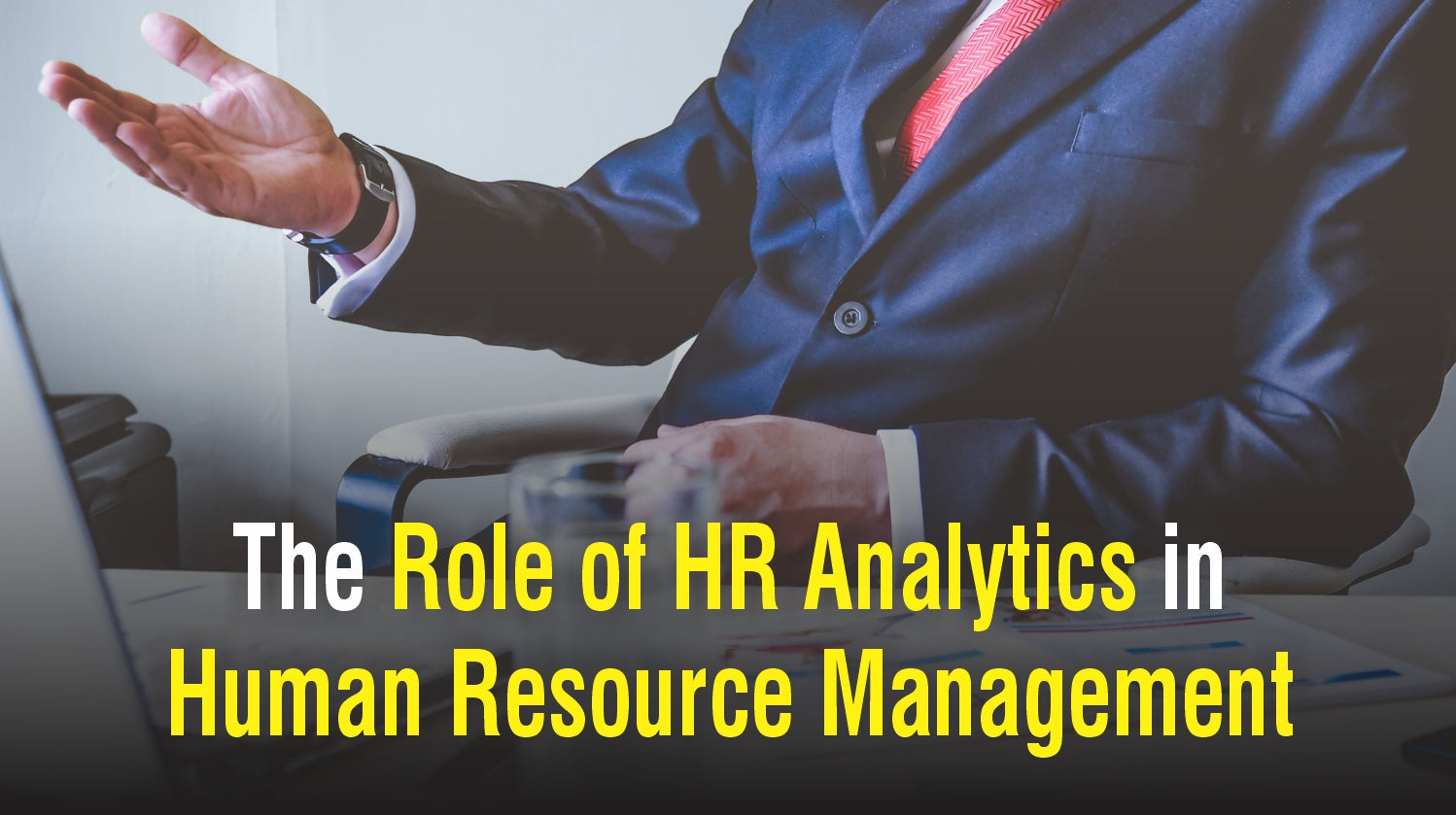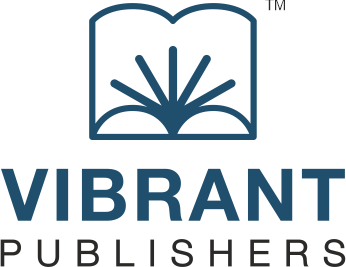Blogs on HR, Diversity, and Organizational Success

The Role of HR Analytics in Human Resource Management
by Dr. Michael Walsh on Nov 18 2022
As an HR Analytics practitioner and adjunct professor, I often get asked (both by people within the HR function and outside the function) - “What is HR analytics?” or “How do you use analytics in HR?” My common response is, “How much time do you have?!” The reality is that the power of HR analytics is infinite.
The field is not new. The methods are not new. The idea that we can use data generated by previous behaviors to try and predict future outcomes has also been around for many years. What is new is the interest that many organizations, both big and small, have in using those data about their people. That’s why, when I am asked those questions about how to use analytics in HR, I usually respond with another question which is, “How much does your organization value analytics?”
Using this question can help to gauge right away if the outcomes will be worth the effort. If an organization does not value analytics, even in its most basic business decision-making, trying to convince leaders to use people's data for insights is going to be a very steep hill to climb and not worth the effort. If, however, your organization is ready to learn about its people in a more quantitative way, there are steps you can take to make sure that you advance your efforts accordingly.
The other element that I encourage practitioners to reflect upon is their own personal capabilities. This one is usually a bit easier to answer, as long as we are being honest with one another. The great thing about personal skills is that we can always improve. We can always get better or more advanced when it comes to the ability to use data, even in the most basic way. I often hear HR practitioners say that they do not like data or do not know how to use it. Sometimes, they are so afraid that they do not want to take that first step. One of my goals for the book, HR Analytics Essentials You’ve Always Wanted To Know is to help people get over that fear and make analytics more real. I have found that, once someone can figure out ways to apply analytics in his/her/their role, it becomes naturally easier to pick up and understand. It becomes fun!
The first step in this process is to figure out where there is an intersection between the individual’s skills and the organization’s readiness for analytics. In the book, I go into more detail about each of the quadrants below and how to calculate your scores on each of these axes, but once you have those answers, you can easily define where you can add the most value to the organization (see Figure 1).
Figure 1. Personal Capability vs. Organizational Readiness
Perhaps the first thing you will notice about the capability and readiness matrix is that the box for the Amateur is the largest. This is intentional. Because it can take a lot of time and effort to advance your skills and influence organizational readiness, hence this quadrant is the biggest. Another thing that you might notice is that the Advisor quadrant is borderless. That is also intentional and represents the never-ending learning and endless potential that HR analytics has.
The other piece of advice that I like to give is that we must remember that there is so much room for art along with the science of HR analytics. From the moment that we decide to embark on an analytics project, there is art involved. There are so many decisions made at the beginning like what data to use, what questions to ask/answer, sample sizing, etc. that will impact the outcome of our analysis. These are questions that require an in-depth knowledge of the business, what is important, and what will make an impact. So, even if someone is afraid of the data or does not have the skills to be able to perform the analysis, she/he/they can help with the “art side” of the equation.
Regardless of role, capability, and organizational readiness, I encourage everyone to start small. You can easily build upon that to do more advanced things but get to know the business and what is going to make a difference. That is where we, as HR practitioners can really make an impact.
About the Author - Dr. Michael Walsh is an industrial and organizational psychologist with over 15 years of human resources and people analytics experience. Michael currently leads Global Talent Management and Organizational Effectiveness for Eaton Corporation’s Vehicle Group.

5 Best Careers in Human Resource Management and HR Analytics
by Vibrant Publishers on May 20 2022
The great thing about holding a degree in human resource management is that it opens you up to an entire world of employment opportunities across varying sectors and industries. You can start by working as an HR generalist and expand into management territory. Or you can quickly become a specialist in a particular area of HR, e.g., working on contract negotiations, employee training, or dealing with legal issues.
If you’re unsure which route you want to take, the following careers in human resource management and HR analytics should help you reach an acceptable resolution.
Best Careers in Human Resource Management and HR Analytics
1. Human Resource Manager
If you’re a business that’s handling several dozens of employees, there’s a great chance that you’ll need someone to take charge of human resources. Human resource managers oversee multiple aspects of employee relations, including payroll, training, safety, compliance, recruitment, compensation, and even budget issues. HR also drives the company culture, making sure that employees understand the company’s values, ethics, and mission. HR expert Jaquina Gilbert says in her book “Human Resource Essentials You Always Wanted To Know, “Decisions made by human resource managers can either leave a blemish or create a sound, consistent practice for a company.”Experts in HR management typically collaborate with company executives and department heads to improve an organization’s talent development. They analyze productivity and performance and come up with ways to boost growth. The average yearly salary for an HR manager is $116,720, with top earners earning up to $205,720.
2. Training and Development Managers
Training and development managers are in charge of keeping employee skills sharp and relevant. They do this by offering workers conferences, workshops, continuing education classes, and other types of training programs. Training and development managers may also design company-specific coursework that helps employees do better at work.
Other duties that a training and development manager may cover are:
Evaluate employee training demands
Help employees understand leave management processes
Ensure company training programs meet current corporate standards
Review training resources brought in from outside vendors
The average income of a training and development manager is $113,350 per year, and this number can go all the way up to $200,000 for high earners.
3. Chief Human Relations Officer
The chief human relations officer is essentially responsible for every aspect of a company’s HR department. They handle everything from developing HR strategies and policies to curating employee compensation and benefit plans. It’sIt’s a great career choice for individuals who enjoy being the “decision-maker” in an organization.
Other responsibilities covered by the chief human relations officer include:
Assist the CEO and other C-level executives and managers as a business counselor
Come up with recruitment and retention initiatives for employees, managers, and executives
Inform employees on HR activities that support and implement the company’s strategic objectives
The average compensation for a Chief Human Resources Officer is $214,432. High-income earners in this role may earn up to $340,090 per year.
4. Human Resource Analytics Specialist
There are costs and benefits to every action that a company performs. Figuring out these costs and benefits can help organizations determine profitable investments from money pits.
Industrial and Organizational Psychologist Michael J. Walsh emphasizes the importance of Human Resource Analytics in his book “HR Analytics Essentials You Always Wanted To Know.” In it, he teaches readers what HR analytics exactly is as well as how employees in an organization can determine the best HR analytics role for them.
If you’re interested in knowing how much hiring, training, and promoting an employee would be for a company, working as an HR analytics specialist could be for you. Other responsibilities may include:
Investigating the amount of revenue made per employee
Keeping track of training expenses and efficiency
Finding new ways to enhance a company’s talent acquisition techniques
Providing research-based recommendations to HR managers
The yearly salary for this occupation is $99,680 on average, with top earners receiving up to $204,000.
5. Management Consultant
There are times when a company may need outside help to resolve issues before they become too complex to fix. In this situation, HR managers often call on the services of management consultants.
Consultants are highly-experienced individuals that provide businesses with valuable insights and guidance. Management consultants can specialize in more than one area of expertise, including labor laws, workplace harassment, compensation and benefits, employee acquisition, and even employee motivation. Additionally, they evaluate a company’s existing conditions and make comprehensive suggestions to assist the human resources department and the organization in achieving their goals.
The great thing about working as a management consultant is that you get to pick when to work and who to work with. You also get to enjoy an annual salary of $50,000 to $110,000.
The careers we mentioned above are some of the most popular and most lucrative positions in human resources. They’ve all received incredible ratings in terms of career potential, freedom, job satisfaction, and monetary compensation. If you want to choose a career in HR management and HR analytics, we highly recommend you give the options mentioned above a try.
About the Author
Regi Publico is a full-time writer based in Manila who is passionate about sharing her expertise through every article that she writes on management topics. She takes pride in her towering collection of books and loves reading about anything under the sun.

